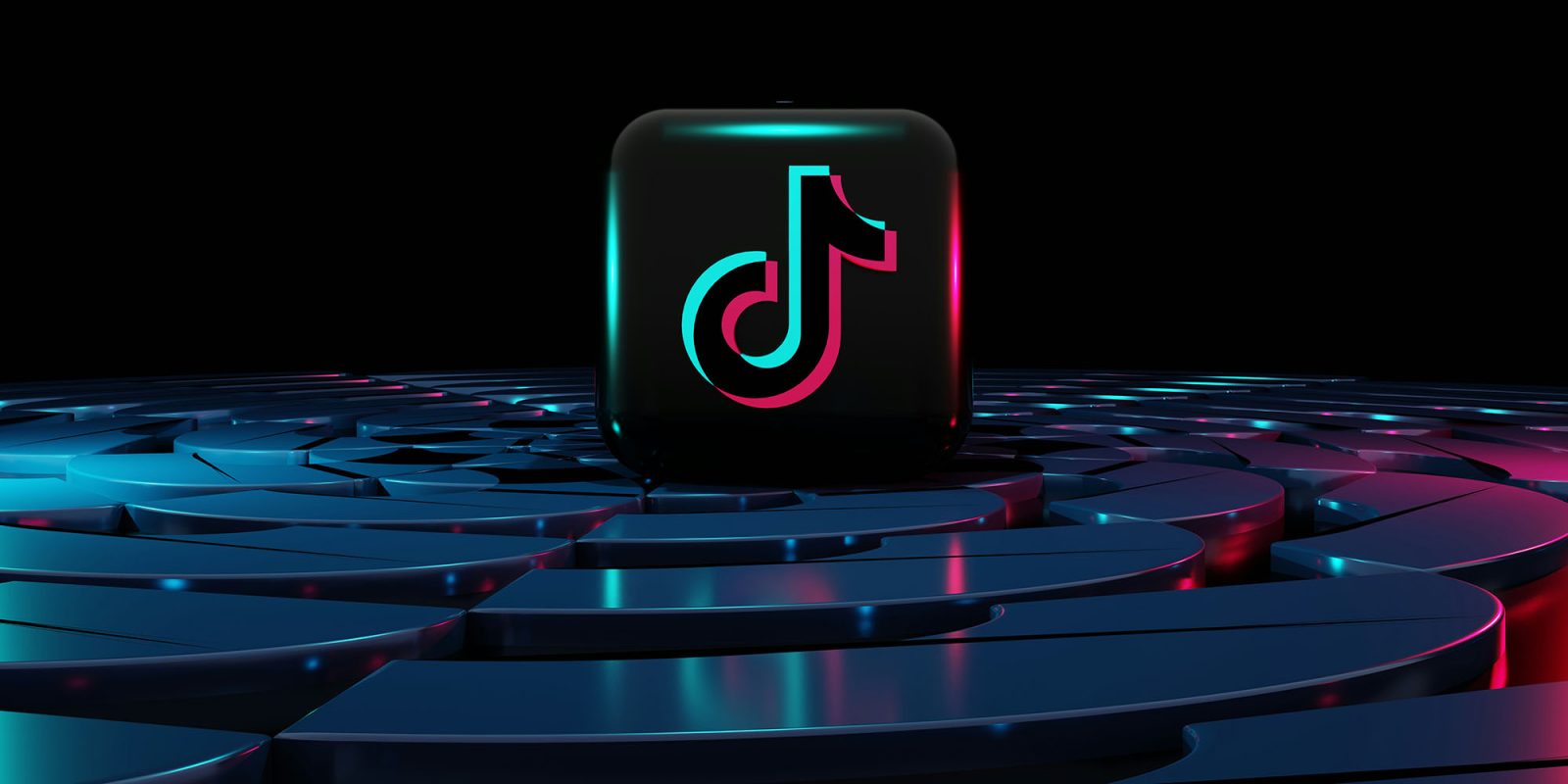
Popular short-form video app TikTok is under investigation in Europe for a range of potential breaches of the Digital Services Act (DSA), including failing to protect the privacy and safety of children.
The company is also accused of putting the mental health of users at risk by deliberately seeking to make the app addictive, and sending people down “rabbit holes” that may lead to the radicalisation of users …
The Digital Services Act (DSA)
The Digital Services Act (DSA) is European legislation designed to protect people from false information, from disguised ads, and from your personal data being used to target you without your knowledge.
Initially, it impacts 19 tech giants that have been identified as operating very large platforms – that is, influencing a great many people. The primary purpose of the DSA is to prevent the spread of harmful misinformation and disinformation on social networks, while a secondary issue is ensuring that companies are transparent about the reasons for any recommendations they make.
That second factor is one which potentially affects Apple.
X already under investigation
The social network formerly known as Twitter was the first company to come under DSA investigation, back in December of last year.
The social network X is under formal investigation by the European Union, to decide whether the company has broken the law in no fewer than eight ways.
Top of the list is “the dissemination of illegal content in the context of Hamas’ terrorist attacks against Israel” – but blue checkmarks are also once more under the microscope.
TikTok under investigation too
TikTok has now been named as the second company to come under investigation for potential breaches of DSA requirements.
Key among these is the obligation to “ensure a high level of privacy, safety and security for minors, particularly with regard to default privacy settings for minors as part of the design and functioning of their recommender systems.”
Additionally, the EU is concerned that TikTok’s algorithms may be deliberately designed to be addictive, and to serve extreme content.
Algorithmic systems, that may stimulate behavioural addictions and/ or create so-called ‘rabbit hole effects’. Such assessment is required to counter potential risks for the exercise of the fundamental right to the person’s physical and mental well-being, the respect of the rights of the child as well as its impact on radicalisation processes.
The commission says there is no way as yet to predict how long the investigation may take. It depends on a number of factors, including the degree to which TikTok cooperates.
Photo by BoliviaInteligente on Unsplash
FTC: We use income earning auto affiliate links. More.
Source link

